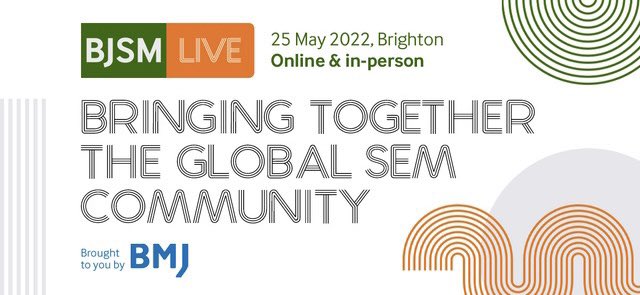Anthropomorphism is a great word. It describes the way we can assume that animals (or objects) have human-like qualities/feelings/behaviours, even though they might not. 

There are some well-known examples of anthropomorphism that are animal-related... like Grumpy Cat (she wasn’t grumpy, just had a face shaped that way) #animalwelfare
Another classic example is the ‘guilty dog’ look. Excellent research by @DogUmwelt @DogSpies shows that although we can’t tell if dogs can feel guilty, the behaviour we perceived as guilt isnt shame but a learned response to our behaviour. See @sciam blogs.scientificamerican.com/dog-spies/the-…
• • •
Missing some Tweet in this thread? You can try to
force a refresh









